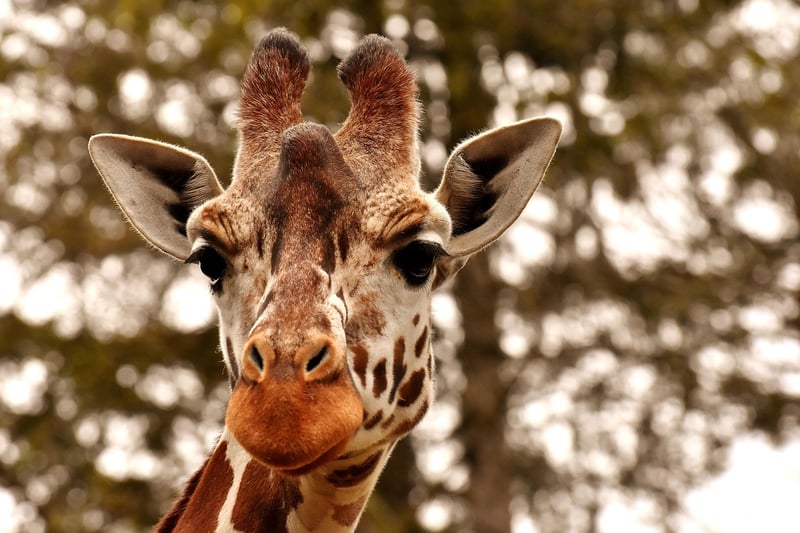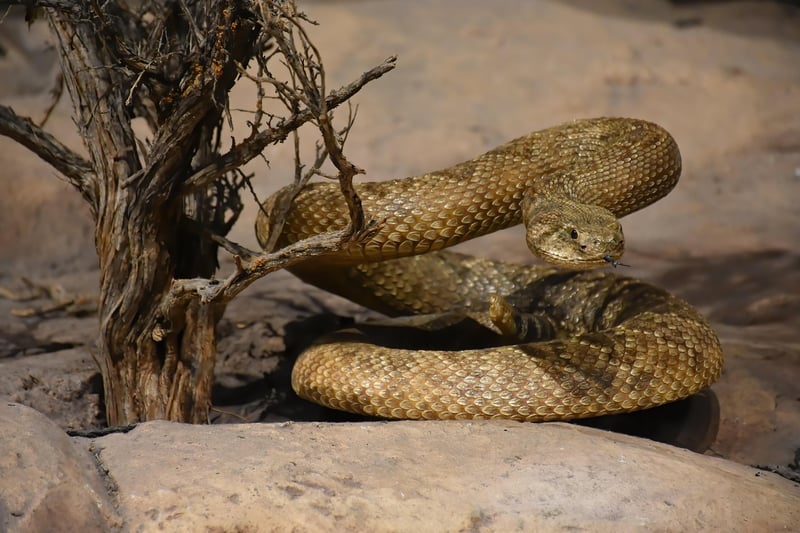Wildlife Caution
Ensuring a Secure Adventure: Wildlife Caution
When embarking on an adventure in the great outdoors, encountering wildlife can be an exciting and unforgettable experience. However, it is essential to prioritize safety and respect for the animals that call these natural habitats home. Here are some tips to ensure a secure adventure while exercising caution around wildlife:
1. Educate Yourself
Before heading out, research the wildlife species that inhabit the area you will be visiting. Understanding their behavior and habitat can help you stay safe and minimize your impact on their environment.
2. Keep a Safe Distance
It's crucial to maintain a safe distance from wildlife. Use binoculars or a camera with a zoom lens to observe animals from afar without disturbing them. Approaching too closely can stress the animals and lead to dangerous encounters.
3. Do Not Feed Wildlife
Feeding wild animals can disrupt their natural diet and behavior, making them dependent on handouts from humans. It can also attract them to populated areas, increasing the risk of conflicts with people.
4. Respect Their Space
Remember that you are a guest in the animals' home. Be mindful of their space and avoid intruding on their territory. If you come across a nesting site or young offspring, keep your distance to avoid alarming the parents.
5. Pack Out Your Trash
Dispose of your trash properly to prevent wildlife from accessing harmful items or becoming accustomed to human food. Leave no trace of your visit to help preserve the natural environment for both animals and future adventurers.
6. Follow Park Regulations
Observe and adhere to any posted regulations or guidelines regarding wildlife interaction in parks and protected areas. These rules are in place to safeguard both visitors and the animals that reside there.
Remember:
While wildlife encounters can be thrilling, it is essential to prioritize safety, respect, and conservation. By following these tips and exercising caution around wildlife, you can enjoy a secure adventure while minimizing your impact on the natural world.

